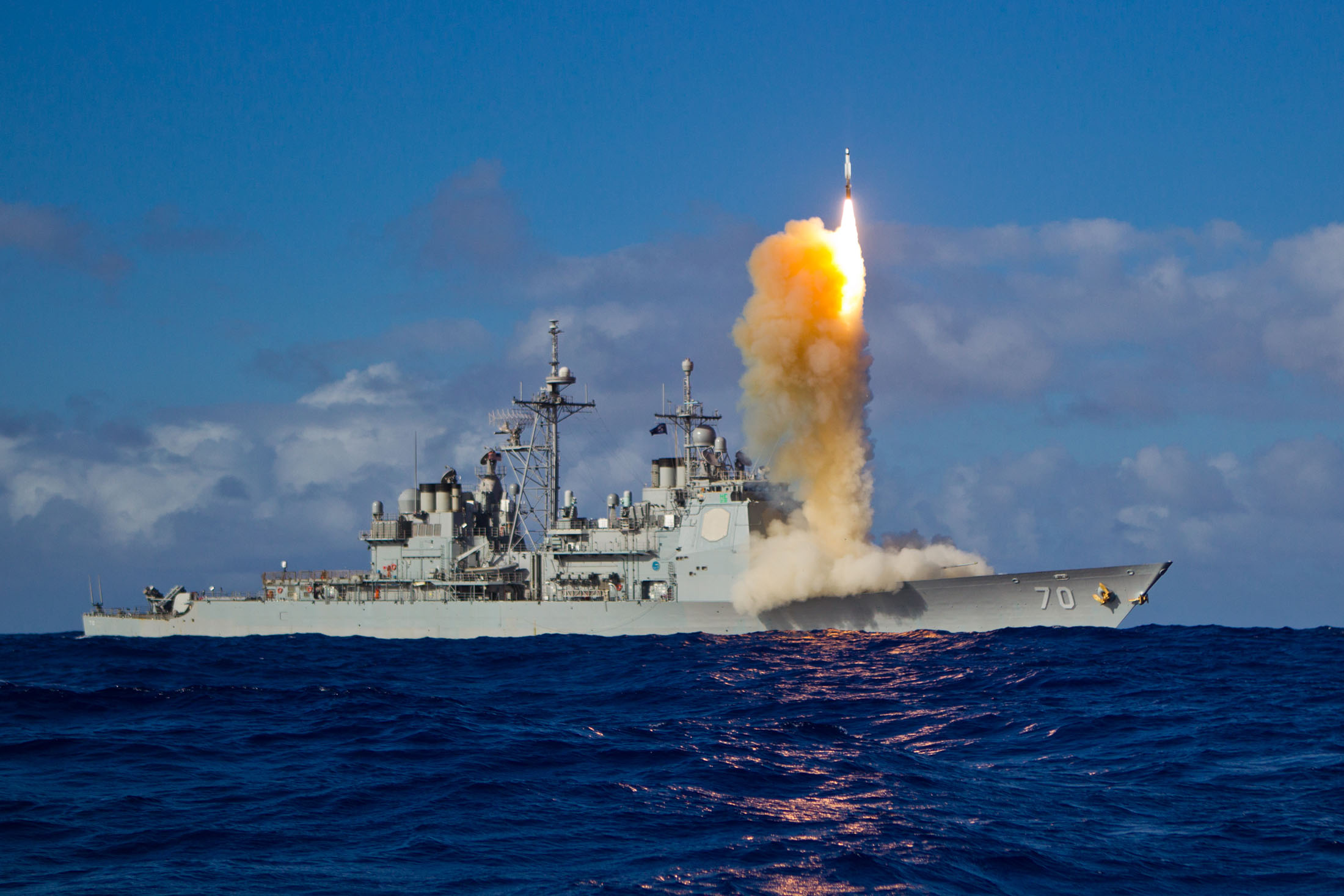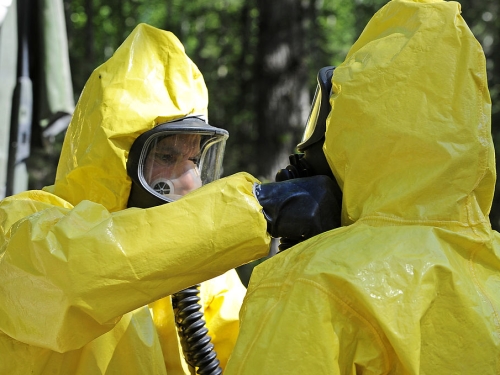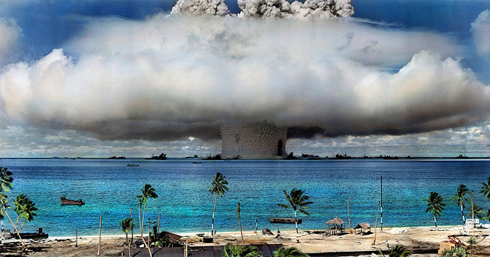
NATO’s missile defense program remains mired in controversy because of its disputed costs, feasibility and strategic necessity, and because of how it has negatively impacted the Alliance’s relations with Russia. To discuss these and related issues, ETH Zurich’s Center for Security Studies (CSS) recently hosted an Evening Talk on the future of NATO missile defense. The guest speakers were Roberto Zadra, who heads the Ballistic Missile Defense Section in NATO’s Defense Investment Division, and Bruno Rösli, who is the Deputy Director of Security Policy for the Swiss Federal Department of Defense, Civil Protection and Sport.



